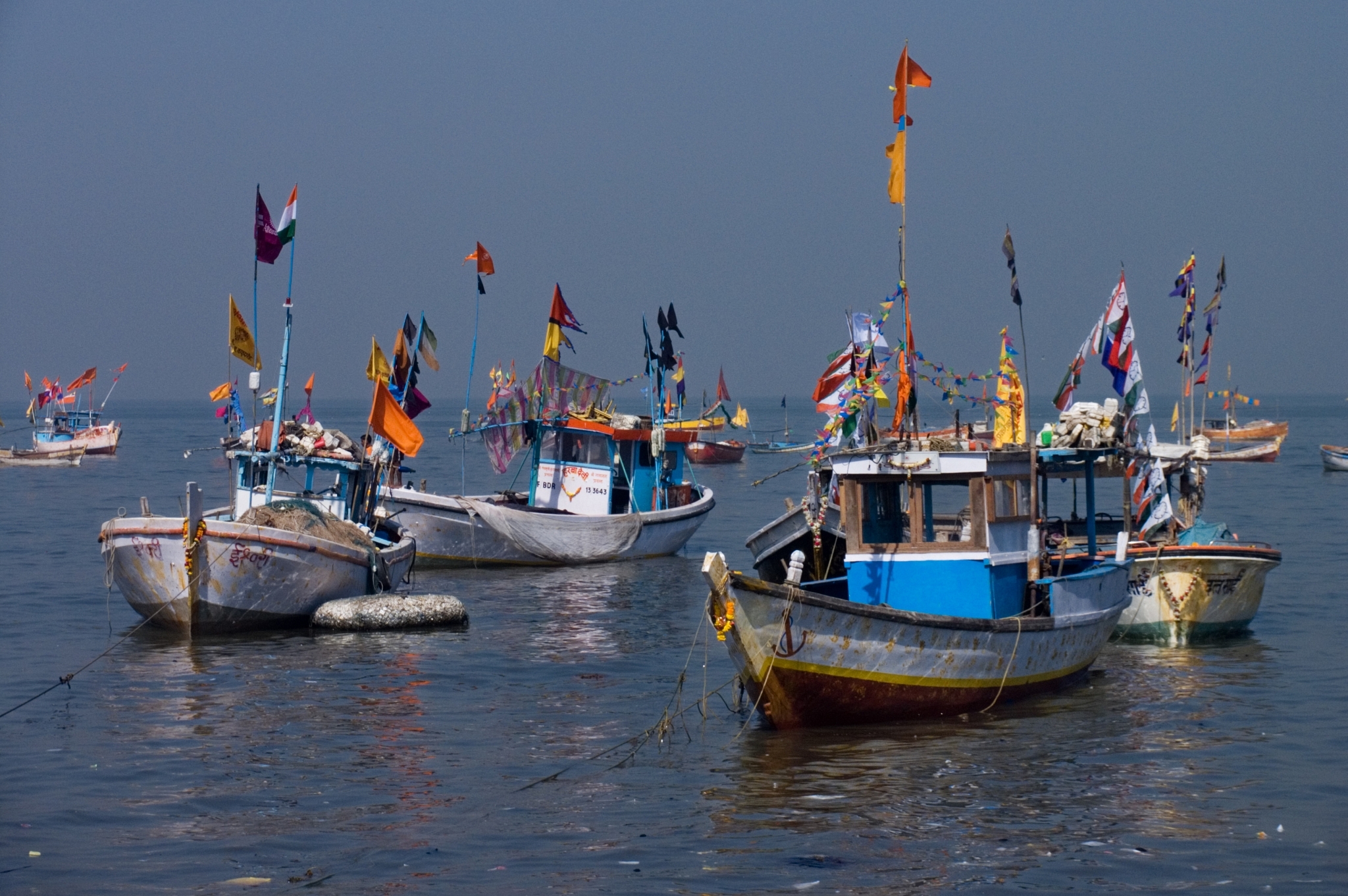Insta
India Refutes New Zealand Claim Of Subsidies Offered To Fisheries Breeding Inefficiency

Fishing boats in India (Jorge Royan)
New Zealand has attacked India at the World Trade Organisation (WTO) for subsidies being given out to the fisheries sector, reports The Hindu Business Line. The island nation has accused India of breeding inefficiency via its subsidies given out for fuel, fishing equipment and gear and the boats themselves.
India however stood by its subsidies and said that they were policy issues and country was free to decide to how to run, reform or moderate its own policy.
At the WTO Ministerial meeting at Buenos Aires last December, member nations agreed to negotiations on fisheries’ subsidies and try adopting a new agreement by 2019 – when the next meeting is scheduled – which would prohibit subsidies leading to overfishing and eliminate those responsible for illegal, unregulated and unreported fishing.
India has been demanding greater flexibility via differential treatment in the implementation of its commitments due to the fact that subsidies to small fishermen such as fuel subsidy, infrastructure development, and motorisation of boats fall under the WTO’s targetted subsidy list.
In its submission to the WTO, New Zealand said that India’s fishing industry, including the marine fishing sector was lagging behind the rest of the economy and was characterised by depleting fish stock, perpetual debt and mounting investment needs, thus encouraging people to remain in a highly overcapitalised sector. It further went on to add that India’s last notification on subsidies was not very different from the previous one and asked what was being done in the country apart from a reliance on government involvement.
New Delhi hit back saying that such issues fall under India’s policy domain and pointed out that New Zealand’s arguments were all based on a 2010 World Bank report that mostly spoke of its coastal and marine fishing sector and not on the exclusive economic zone waters which were within its sovereign rights.
Introducing ElectionsHQ + 50 Ground Reports Project
The 2024 elections might seem easy to guess, but there are some important questions that shouldn't be missed.
Do freebies still sway voters? Do people prioritise infrastructure when voting? How will Punjab vote?
The answers to these questions provide great insights into where we, as a country, are headed in the years to come.
Swarajya is starting a project with an aim to do 50 solid ground stories and a smart commentary service on WhatsApp, a one-of-a-kind. We'd love your support during this election season.
Click below to contribute.
Latest